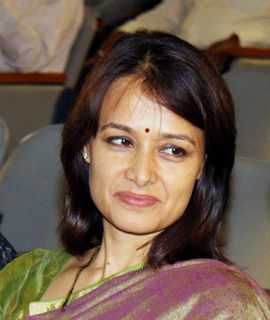A Quote by Mary Nightingale
First off, it's a bit of a tired old chestnut that if a woman is pretty than she can't be bright. God what are we in, the 19th century?
Related Quotes
The 19th century Mormons, including some of my ancestors, were not eager to practice plural marriage. They followed the example of Brigham Young, who expressed his profound negative feelings when he first had this principle revealed to him. The Mormons of the 19th century who practiced plural marriage, male and female, did so because they felt it was a duty put upon them by God.
I was really interested in 20th century communalism and alternative communities, the boom of communes in the 60s and 70s. That led me back to the 19th century. I was shocked to find what I would describe as far more utopian ideas in the 19th century than in the 20th century. Not only were the ideas so extreme, but surprising people were adopting them.
Here's what I don't think works: An economic system that was founded in the 16th century and another that was founded in the 19th century. I'm tired of this discussion of capitalism and socialism; we live in the 21st century; we need an economic system that has democracy as its underpinnings and an ethical code.
Here's what I don't think works: An economic system that was founded in the 16th century and another that was founded in the 19th century. I'm tired of this discussion of capitalism and socialism; we live in the 21st century, we need an economic system that has democracy as its underpinnings and an ethical code.
A woman recently told me a story about her descent into chronic fatigue. She was sleeping sixteen, eighteen hours a day, and feeling more tired when she woke up than when she went to bed. She really wanted to go to a workshop and she went anyway. And when she was there, she felt much less tired. So she decided, "Maybe if I continue to follow what I really want to do at all times, I will feel less tired." This was her spiritual practice - - to only do the things that she wanted to, and to not make choices based on anything else. That is an embracing of pleasure, of joy, of good feelings.
I definitely have a Luddite's approach to what's going on. I find that as I get older, I get stupider. For me, the iPhone is harder than reading Faust. I've been hanging out a bit with Lou Reed, and he's the complete opposite. He's into technology and is kind of like a toddler, compared to me, who's like an old 19th-century widow or something.
The Anglo-American tradition is much more linear than the European tradition. If you think about writers like Borges, Calvino, Perec or Marquez, they're not bound in the same sort of way. They don't come out of the classic 19th-century novel, which is where all the problems start. 19th-century novels are fabulous and we should all read them, but we shouldn't write them.
































